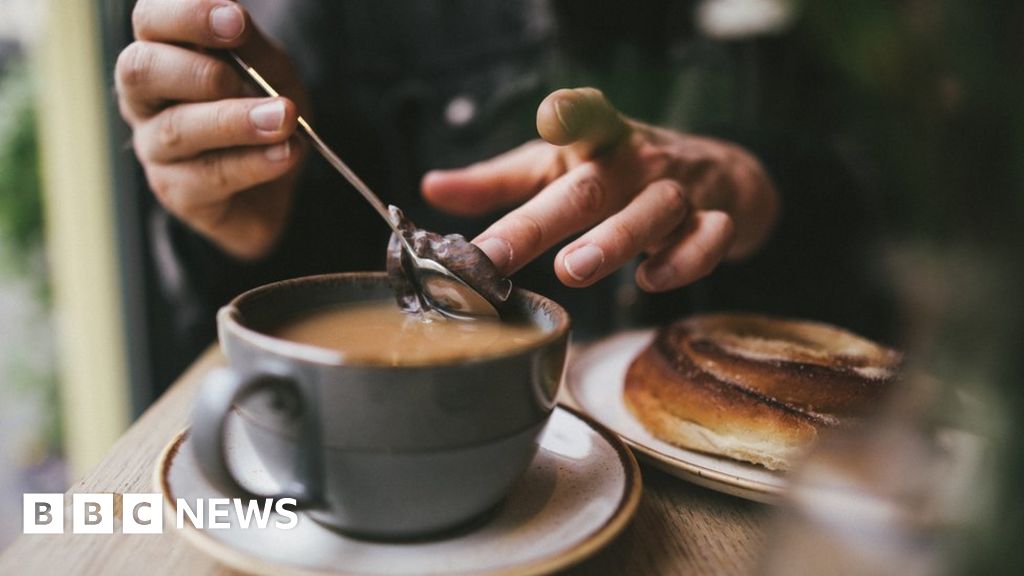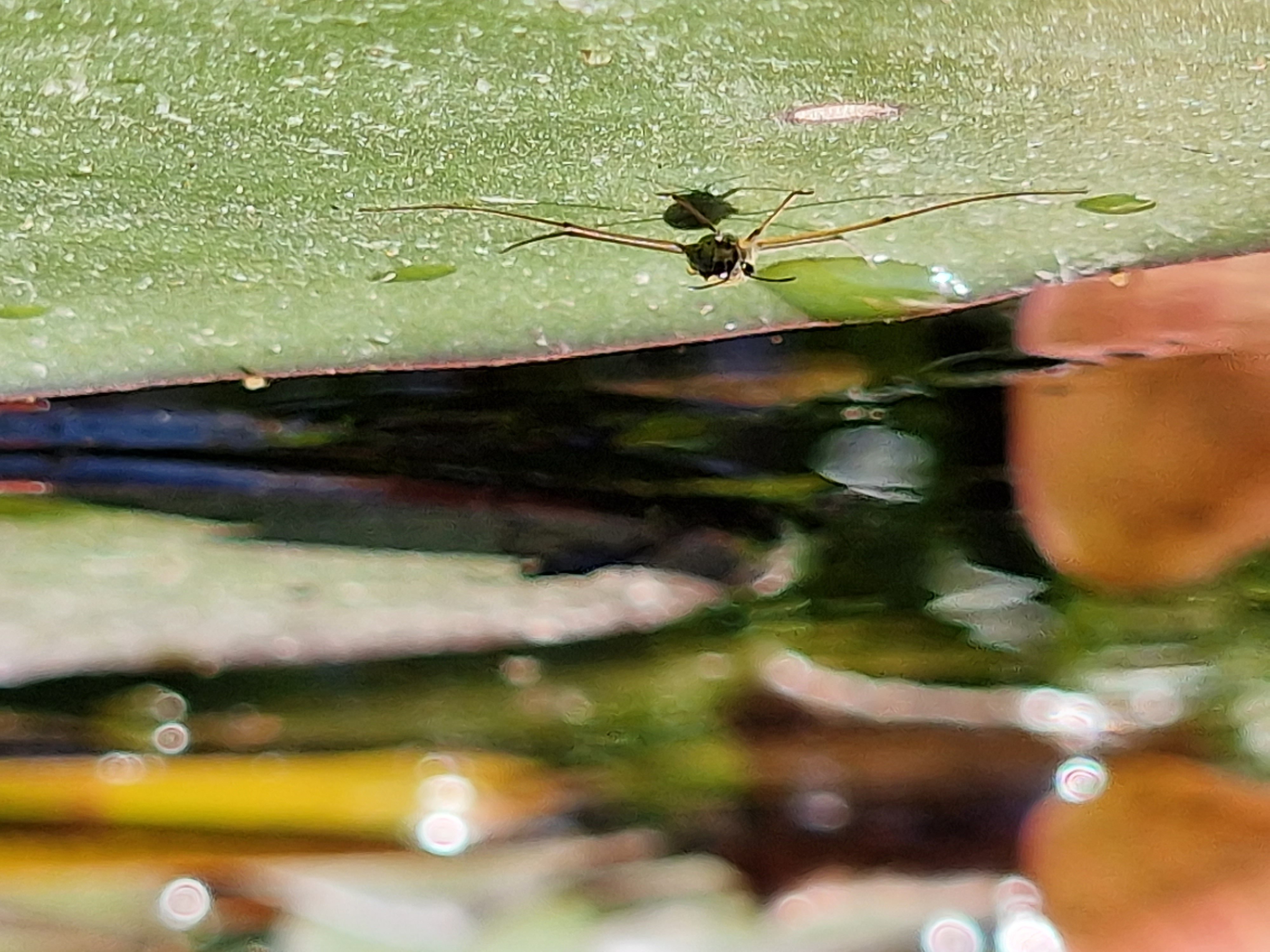The British claim to know a thing or two when it comes to making a good cup of tea.
The beverage is a cultural institution in the UK, where an estimated 100 million cups are drunk every day.
But now a scientist based more than 3,000 miles (5,000km) away in the US claims to have found the secret to a perfect cuppa that many Brits would initially find absolutely absurd - adding salt.
…
It turns out that it is not a new idea - the ingredient is even mentioned in Eighth Century Chinese manuscripts, which Prof Francl analysed to perfect her recipe.
“What is new is our understanding of it as chemists,” Prof Francl said.
She explains that salt acts as a blocker to the receptor which makes tea taste bitter, especially when it has been stewed.
By adding a pinch of table salt - an undetectable amount - you will counteract the bitterness of the drink.
“It is not like adding sugar. I think people are afraid they will be able to taste the salt.”
She urges tea-loving Brits to have an open mind before prejudging her research, which she has documented in her new book Steeped: The Chemistry of Tea, published by the Royal Society of Chemistry.
Brits: “Seasoning? No thanks”
Just call it a spice - they’ll be all in
It works with coffee too.
Was about to say. This is pretty well known science. A dash of salt in coffee will de-bitter it. I would only assume the same goes for tea. Being a tea drinker I have yet to try it, but next time I have a bad cuppa, I’ll have a go at it.
But I like the bitterness in tea.
Hell yeah, those tannins are the entire point.
Reminds me of mongolian tea: VERY strong, 70/30 milk and water, teaspoon of butter and a pinch of salt (enough to taste it and a little more).
I don’t drink it often, because it’s reallly unhealthy. But it’s really good beverage for cold winter nights or after tiring work. It gives you a boost of energy, without the usual sugar fatigue that comes after drinking sweetened coffee/energy drinks.
Thanks for the recommendation. It doesn’t sound like my thing, but I have a weird friend who’d probably love this
Most people put sugar on grapefruit but I always put salt on it growing up because of the same chemistry. You don’t really need to sweeten the fruit, you just need to halt the bitterness a tad bit and the flavor really opens up.
I always eaten them as is. Am I missing something?
I never even considered a condiment for grapefruit.
Good luck. Brits, for some reason, believe that microwaving your tea water is somehow blasphemous. I mean, it’s not like you put the tea in the kettle when you boil water just the same as you don’t put tea in the microwave while boiling the water. I guess the US doesn’t have a monopoly on idiots.
Lol they even had this in the article:
But chief among her advice is to never, ever heat up the water in a microwave: “It’s less healthy and it does not taste as good,” Prof Francl says.
Heating up water in the microwave is less healthy? It changed the taste? Are these people serious?
I couldn’t care less how other people make their tea, but scientifically they are not the same
I mean, technically yes, but isn’t all this hullabaloo solved by, like, stirring?
Or heating it for longer. It doesn’t get hotter in a kettle or microwave once it boils.
I don’t know how many things you’ve made in a microwave but most people know you have to let it sit for a minute after the microwave goes off for even heat distribution (or if you dont want to wait the full minute - give it a stir and zap it for another 20 seconds). The article you linked stated that microwaving is different because the hot water rises to the top and won’t sink back to the bottom, duh! - that’s how hot water works in a gravitational field.
I don’t microwave a damn thing, because I don’t like how microwaves heat foot. But tea? Hmm…
Perhaps this tip will work for you? There are “dead zones” in the microwave where some spots get little radiation. Put your food/cup/plate/whatever on the edge so it rotates through the hot and cold zones, heats faster and more evenly.
Whats wrong with straight tea?
It’s not gay enough
It’s not Earl Gay enough
TIL salt is gay
Na and Cl fuck around.
I wonder what makes them male
It’s the electrons that poke into other atoms.
If you don’t over-steep it, you won’t have a problem.
I’m with you on this.
My dad’s friend in the army used to put a drop of soy sauce in his coffee.
I’ve been putting a couple pinches of salt in my coffee grinds for a while now. It has the same effect.
I’ve heard this years ago. I decided to try it blind, make two cups, one with really a minimal, less than a pinch amount of salt. Then randomize them so I didn’t know which was which.
I could taste this “undetectable” amount of salt and it was worse.
I can just say, try it out like this (blindly). If it works for you, nice, it didn’t for me.
Maybe you still used too much salt? Let’s do a big randomized trial with 1-20 grains of salt
idk, maybe. I think it was like 10 grains or something :D
I’d repeat the test with someone else, and do NOT tell them that there’s salt in it. Just ask them if they notice a difference.
Since you all just learned what salt is, try putting it in your food! It’s what people refer to as a “seasoning”. Crazy right?
Yeah, it’s a super old trick (like the researcher said, she referenced a 1200-year old manuscript to help dial in the right proportions). Here’s a page from some random coffee roaster that goes into the long, long history of salting coffee for the exact same reasons: https://drinkgoldenratio.com/a/blog/salted-coffee
Apparently, cutting the water with sea brine was a popular trick in countries with a lot of coastline, that was how many sailors preferred it, etc.
Nah.




















